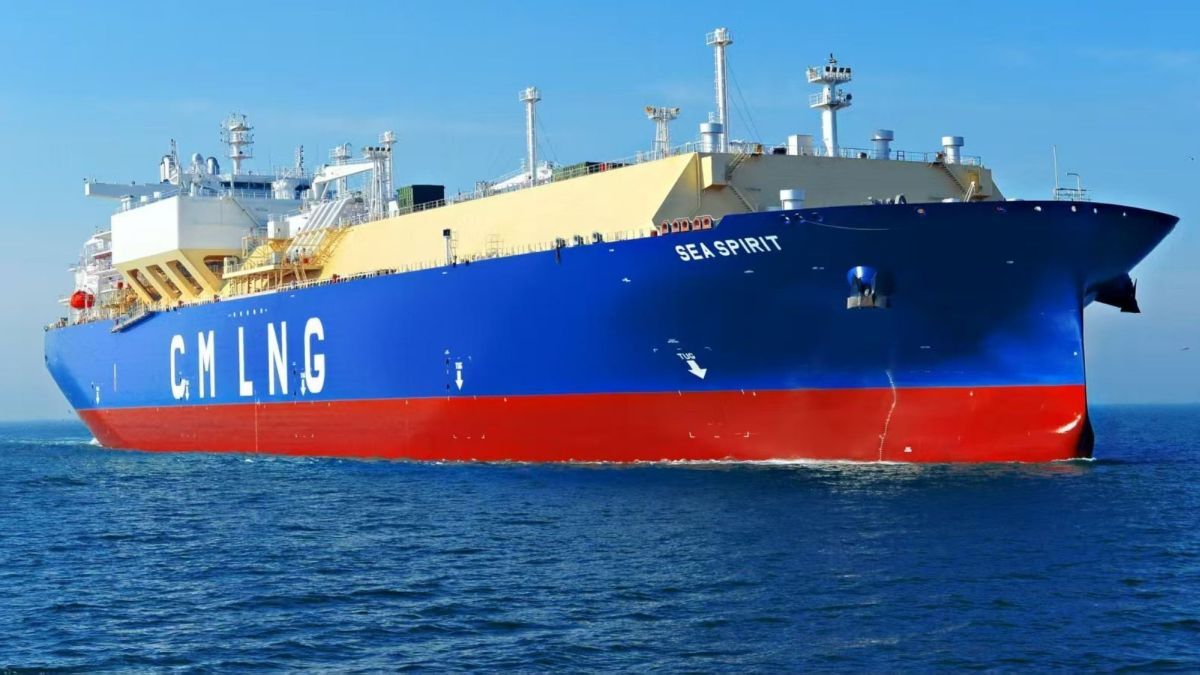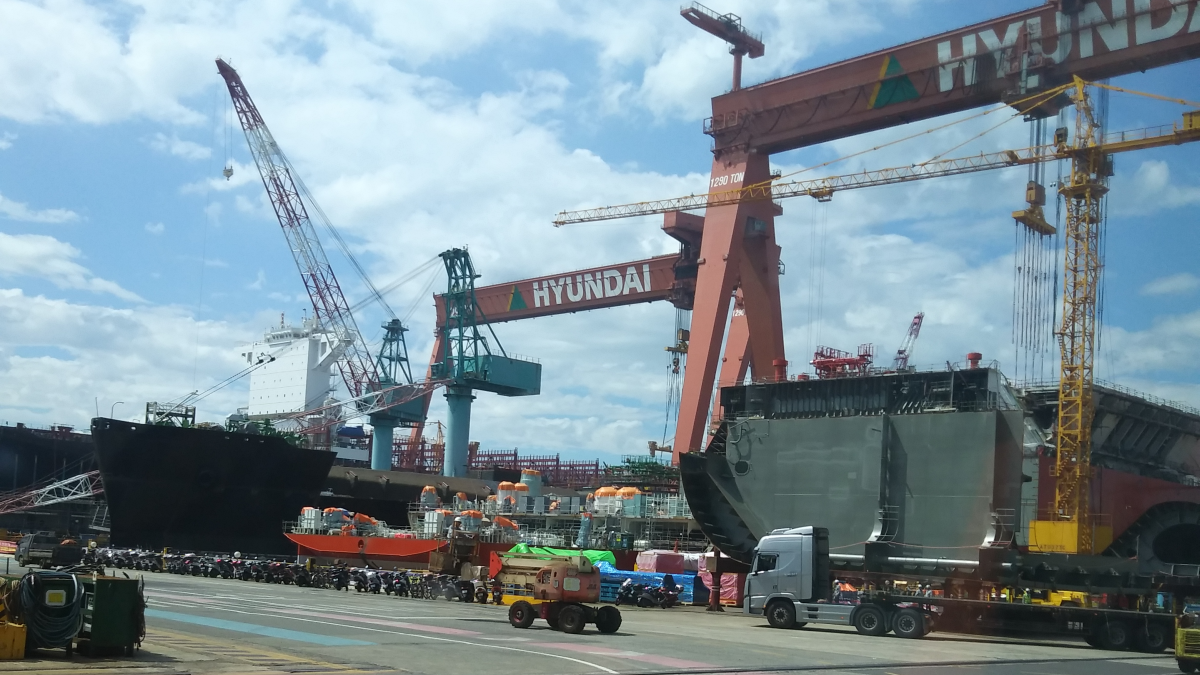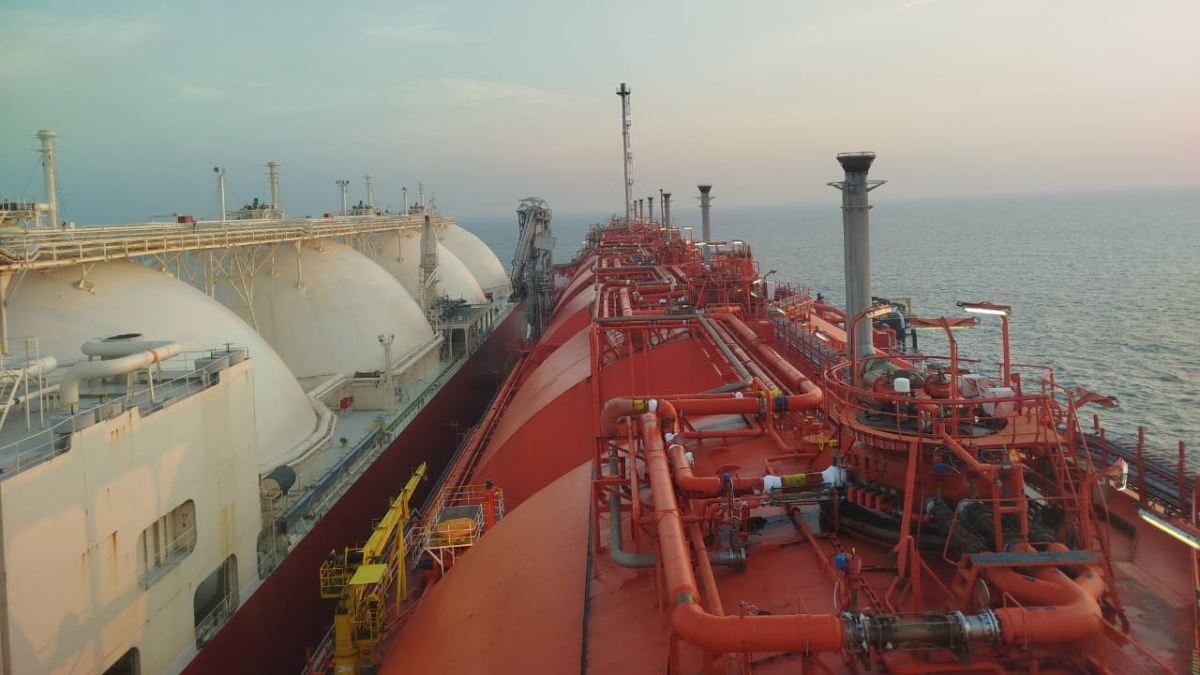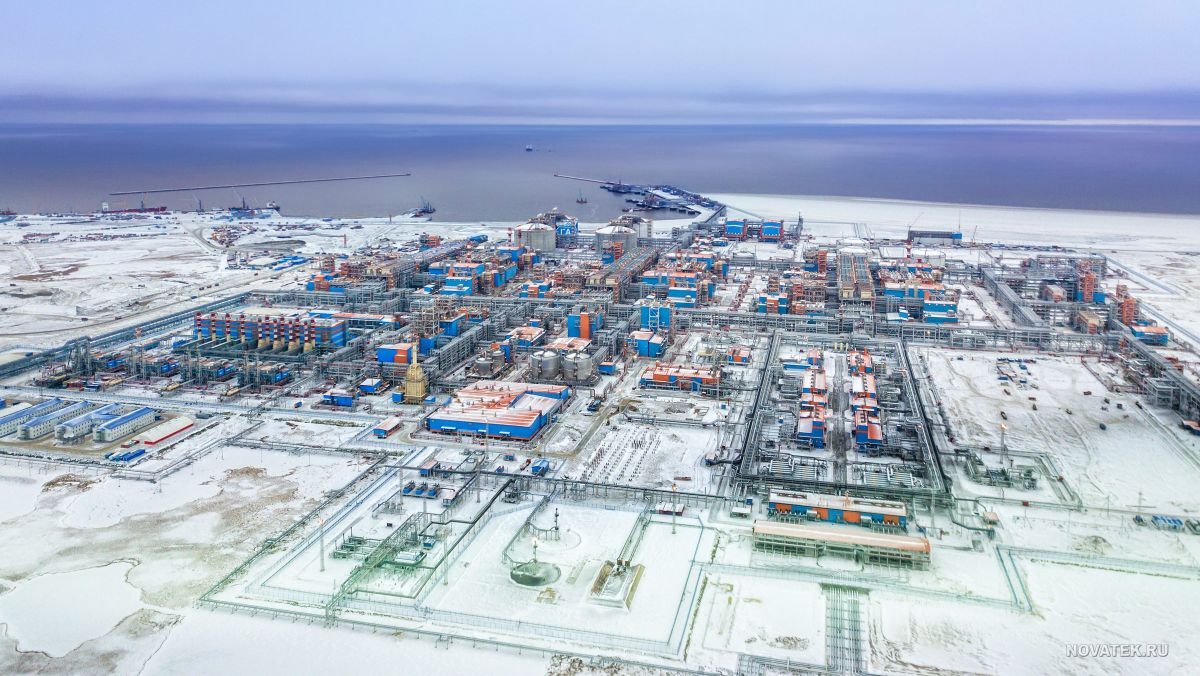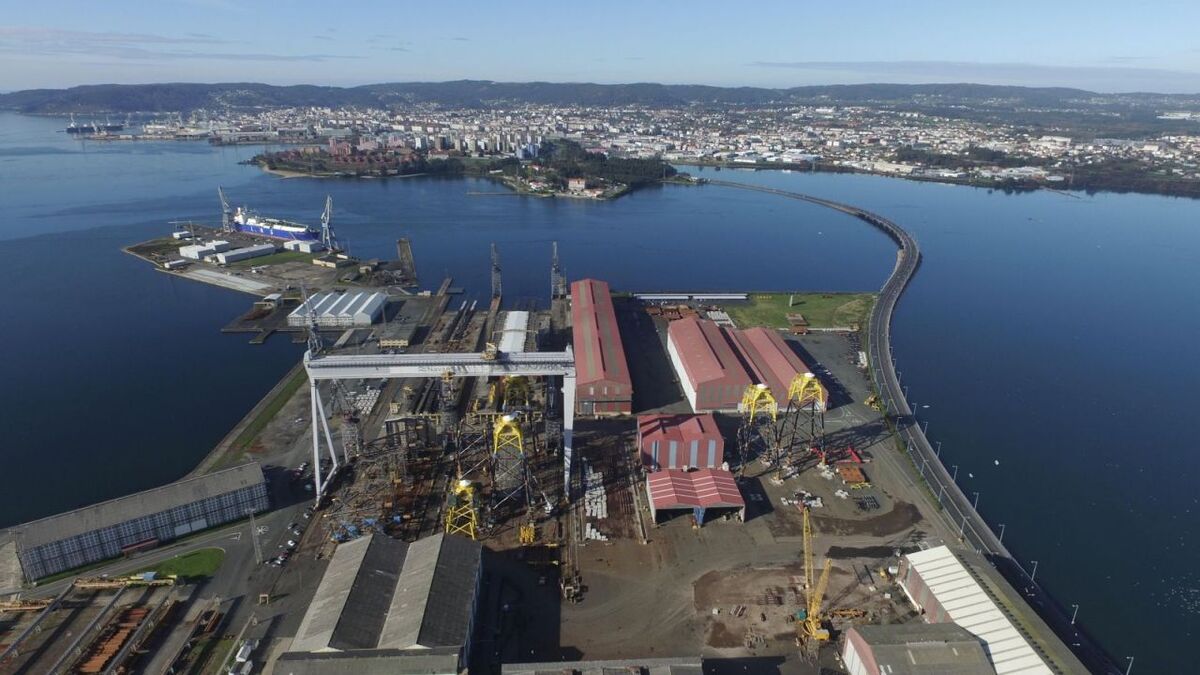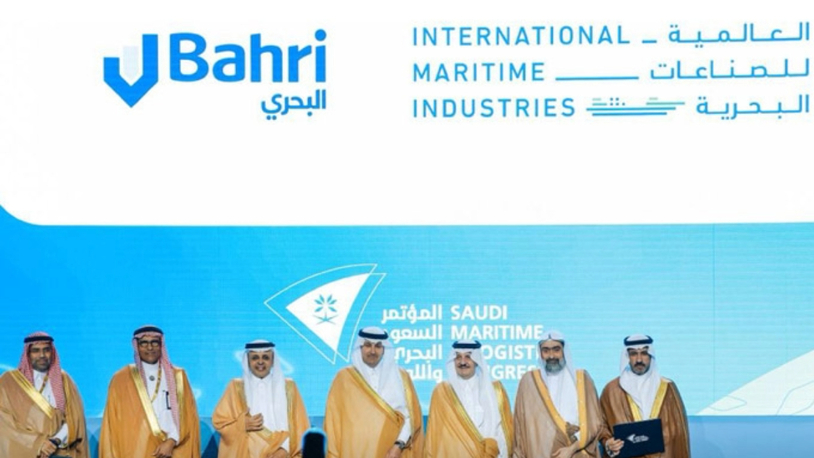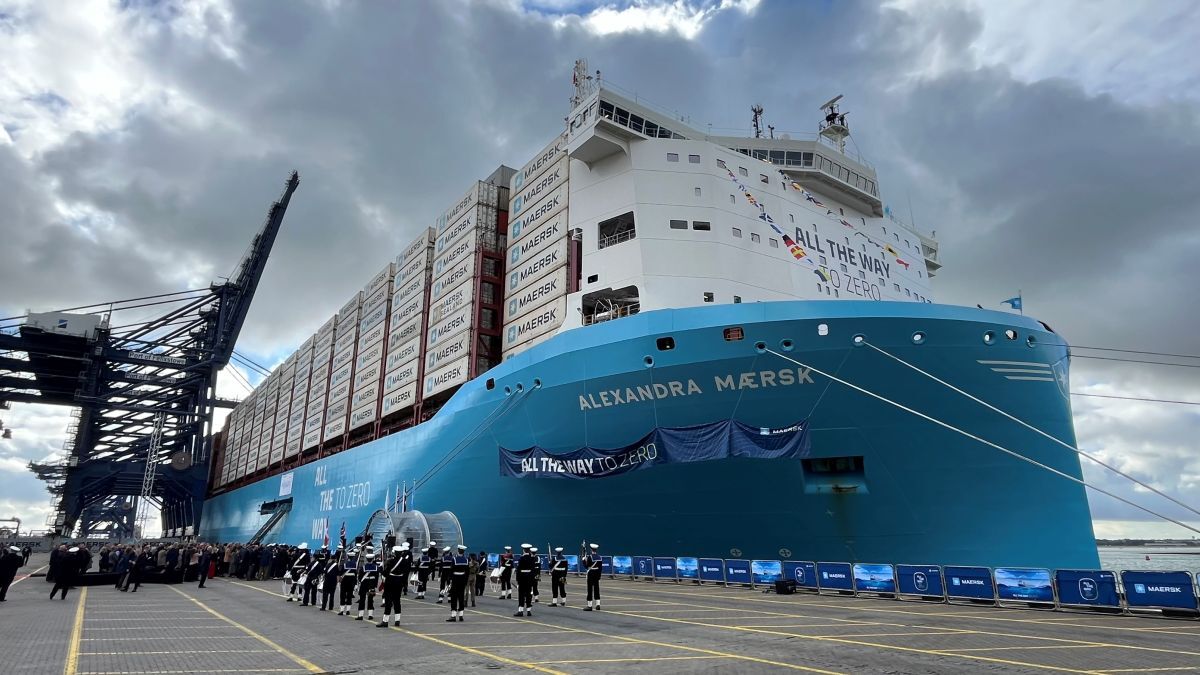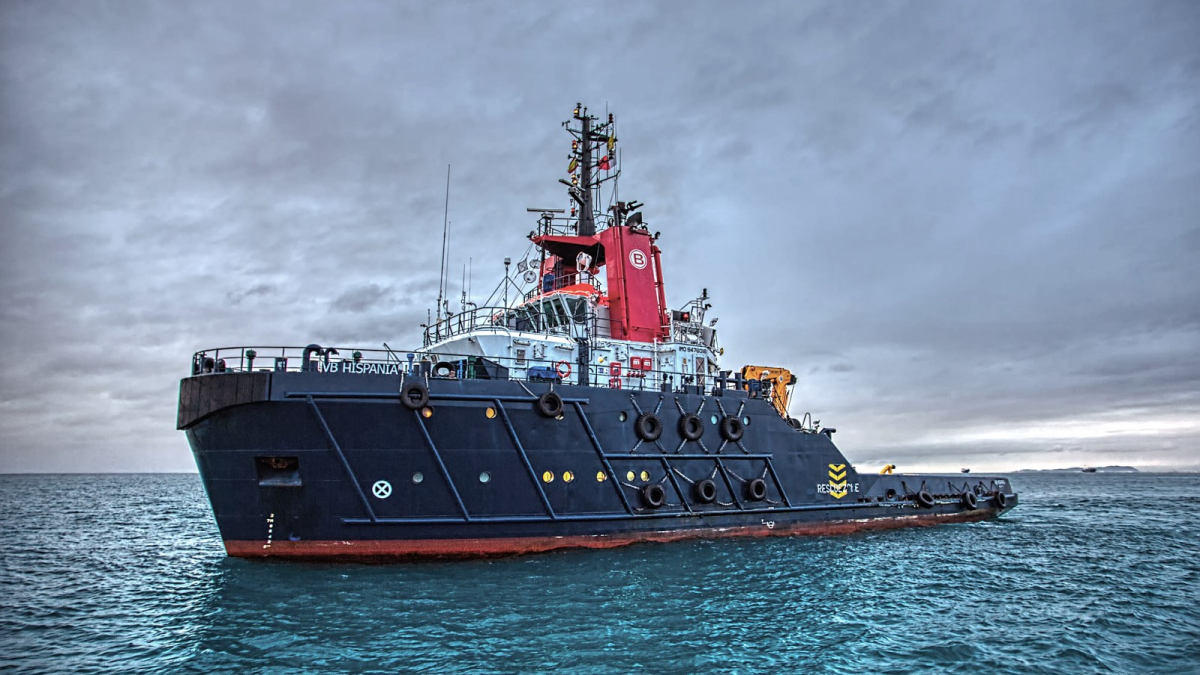Business Sectors
Events
Contents
Register to read more articles.
Will future generations pay the hidden cost of tank washing?
Current chemical tanker tank-washing practices are unsustainable, risking irreversible damage to marine ecosystems, warns Captain Güner Kara
Rotterdam stands as the chemical capital of Europe, while Turkey remains a key importer of chemical products. Ships discharging at ports such as Istanbul and Gebze often find themselves without a return cargo.
With the nearest alternatives located across the Black Sea – a voyage of 2-2.5 days – many vessels opt to clean their tanks, collect the wash water, and, in compliance with Marpol regulations, discharge it once they have crossed beyond the 12-nautical mile limit.
The legality of this practice, however, does not negate its consequences. Chemical residues, carried by currents, accumulate in the enclosed Sea of Marmara. Denser chemicals settle on the seabed, gradually depleting oxygen levels and imperilling marine ecosystems.
"Marmara is dead," observes one commentator starkly, warning if practices continue unchanged, "in 20-25 years, the Black Sea will die too."
Marpol Annex II stipulates wash water may only be discharged beyond 12 nautical miles from land, at speeds above 7 knots, and in depths exceeding 25 m. The rationale behind these requirements – to ensure dispersion and avoid visible pollution – raises uncomfortable questions.
"Why discharge at 7 knots?" Capt Kara asks. "Because at lower speeds, the water clusters and does not disperse."
The purpose of the underwater discharge line is, similarly, to obscure rather than prevent pollution. The irony is painful. Wash water containing residues such as styrene monomer or vinyl acetate monomer – additives used in plastics production – transforms into microplastics when mixed with seawater.
Capt Kara calculates one chemical tanker alone could legally release up to 1.5 tonnes of microplastics per voyage. Scaled across 100 vessels operating 10 voyages annually, the figure rises to 1,500 tonnes. Yet when microplastics are later discovered in the oceans, public ire is directed towards discarded bottles on beaches, not the invisible discharge from ships.
The economic losses compound the environmental toll. Using Marpool’s own maximum permissible residual quantity of 75 litres per tank, Capt Kara estimates 249,000 tonnes of chemical product are lost to the sea annually. At an average cargo value of US$1,000 per tonne, this equates to US$249M in lost product every year – exclusive of additional losses from pipelines, washing materials and operational expenses.
"The real problem lies in the current maritime transport system," Capt Kara contends. The structure of chemical tanker operations, reliant on frequent tank washing, is fundamentally flawed.
He proposes a conceptual alternative: fitting tanks with removable cargo liner bags dedicated to specific cargoes. Such a system could eliminate tank washing entirely for certain operations, reduce cargo loss, and drastically curtail environmental impact.
"The fate of our children should not be a world without fish," he warns.
The challenge of change is undeniable. Yet, as Cpat Kara suggests, "Sometimes what we hate the most might be the very solution we need."
His call is not for abandonment of chemical transport, but for a sincere, collective effort to address the hidden consequences of current practices.
The question is not whether the seas can continue to endure, but whether the industry is prepared to confront what it can no longer afford to ignore.
Riviera’s Tanker Shipping & Trade Webinar Week will be held from 30 June 2025. Click here to register for this free-to-attend event.
Related to this Story
Events
Maritime Decarbonisation, Europe: Conference, Awards & Exhibition 2025
Offshore Support Journal Conference, Americas 2025
LNG Shipping & Terminals Conference 2025
© 2024 Riviera Maritime Media Ltd.




